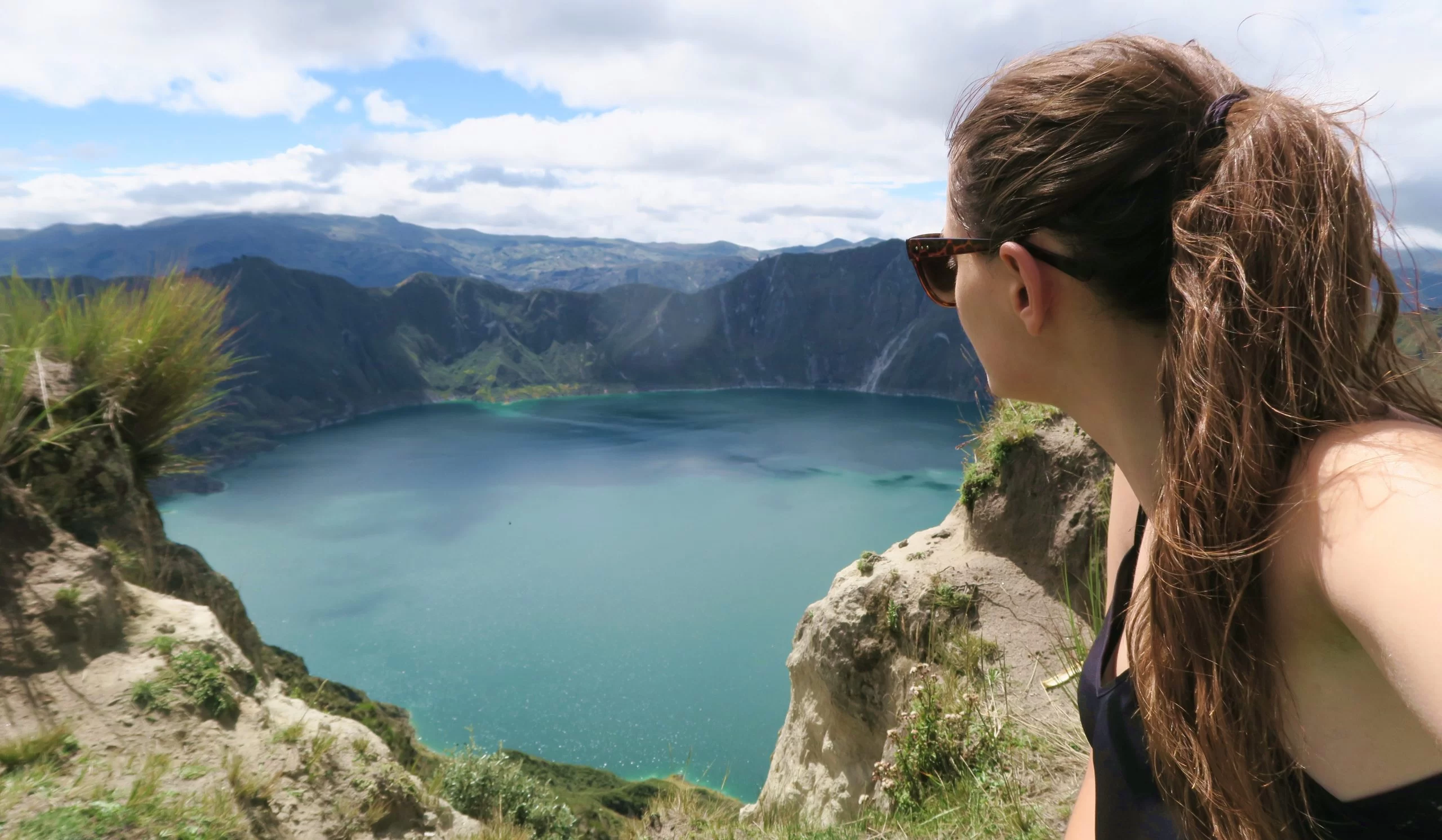Why Eco-Tourism in Africa is a Game-Changer
Eco-tourism in Africa has grown exponentially over the past few years, as travelers look to make more sustainable choices when exploring this vibrant continent. Eco-tourism is not just about visiting beautiful locations—it's about ensuring that your trip benefits the environment, supports conservation efforts, and helps local communities thrive. Africa, with its stunning natural landscapes, diverse wildlife, and commitment to preserving its ecological heritage, is at the forefront of this movement.
As eco-conscious travelers, we can explore Africa’s wildest places while minimizing our impact. Whether you're tracking lions through the savannah, visiting pristine beaches, or staying at eco-friendly lodges, eco-tourism in Africa offers a chance to experience the continent in a way that promotes sustainability and environmental responsibility.
Top Eco-Tourism Destinations in Africa
Africa boasts some of the most spectacular eco-tourism destinations in the world. Here are some of the top spots to explore if you're looking for a sustainable and nature-filled adventure:
- Kenya: Known for its vast savannahs and iconic wildlife, Kenya is home to several eco-friendly lodges and sustainable safaris. The Maasai Mara and Amboseli National Park offer breathtaking views and opportunities to observe elephants, lions, and cheetahs in their natural habitats. Many tour operators in Kenya focus on community-based tourism, ensuring that local Maasai tribes benefit from the tourism industry.
- South Africa: South Africa is a diverse eco-tourism hotspot, from the renowned Kruger National Park to the lush Cape Winelands. Eco-tourism initiatives here often combine wildlife conservation with luxury stays at eco-lodges. The country's strong commitment to preserving biodiversity is evident in its protected areas and conservation programs.
- Tanzania: Home to some of Africa’s most famous parks, including Serengeti and Ngorongoro Crater, Tanzania offers unforgettable eco-tourism experiences. Many lodges in Tanzania are built with eco-conscious materials and support wildlife protection efforts. The Great Migration, a natural phenomenon of over a million wildebeest moving across the Serengeti, is a must-see for eco-tourists.
Kenya: The Jewel of Eco-Tourism
Kenya has long been a premier destination for travelers seeking to experience the African wilderness. With its vast savannahs, impressive wildlife, and diverse ecosystems, Kenya has established itself as a leader in eco-tourism. The Maasai Mara, renowned for its annual wildebeest migration, is a top destination for eco-conscious travelers.
Eco-lodges like the Mara River Lodge and the Olare Mara Kempinski prioritize sustainability by using solar power, minimizing waste, and supporting local communities. These lodges also work closely with local Maasai communities to create responsible tourism experiences, ensuring that the indigenous people benefit from the tourism industry.
Kenya’s eco-tourism efforts extend beyond wildlife. The country also offers eco-friendly coastal retreats along the Indian Ocean. Diani Beach, a tranquil stretch of white sand, is home to a number of sustainable resorts that protect coral reefs and marine life.
South Africa: A Sustainable Adventure
South Africa is a country that offers more than just thrilling safaris and wine tours. Its eco-tourism options are among the best in the world. National parks like Kruger National Park and Addo Elephant Park feature eco-lodges that are designed to blend seamlessly with the environment while offering travelers a luxury experience.
In addition to wildlife safaris, South Africa is home to beautiful beach destinations like Knysna and Cape Town’s beaches. Here, visitors can enjoy eco-friendly resorts that practice responsible tourism, including using renewable energy and supporting local conservation efforts.
One of the standout eco-tourism initiatives in South Africa is the Cederberg Wilderness, a nature reserve that allows visitors to hike, rock climb, and explore the rugged beauty of the Western Cape while staying in eco-conscious accommodations.
Tanzania: Where Wildlife Meets Sustainability
Tanzania offers some of Africa’s most famous wildlife experiences, and it’s also a pioneer in eco-tourism. The Serengeti, known for its spectacular wildlife migration, and the Ngorongoro Crater, a UNESCO World Heritage site, are both top eco-tourism destinations that combine conservation with tourism.
Many of Tanzania’s lodges and camps are designed to minimize environmental impact. These properties use sustainable practices such as solar energy, rainwater harvesting, and waste recycling. For example, the Serengeti Wilderness Camp is an eco-lodge that offers an immersive wildlife experience while focusing on environmental conservation.
Another highlight of Tanzania’s eco-tourism offerings is the Zanzibar Archipelago, where you can explore coral reefs and pristine beaches while staying at eco-friendly resorts that protect the local environment and culture.
Sustainable Travel Tips for Your Eco-Friendly Trip
To make the most of your eco-tourism experience in Africa, it’s important to travel responsibly. Here are some tips to ensure your trip leaves a positive impact:
- Choose Eco-Friendly Accommodations: Look for hotels and lodges that have sustainable practices in place, such as using solar energy, recycling, and supporting local communities.
- Respect Wildlife and Nature: Always follow the guidelines provided by your tour guides, avoid disturbing wildlife, and leave no trace of your visit.
- Support Local Communities: Choose tours and experiences that support local people and economies. Stay at locally owned accommodations and buy locally made products.
- Offset Your Carbon Footprint: Consider offsetting the carbon emissions from your flight by supporting conservation programs or tree-planting initiatives in the areas you visit.






